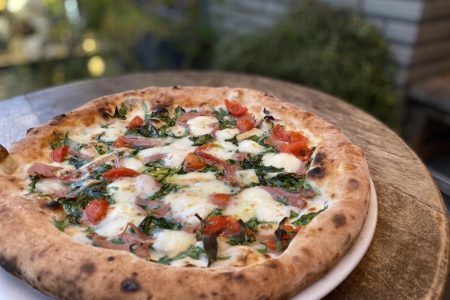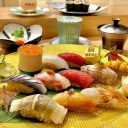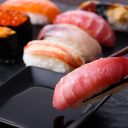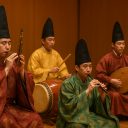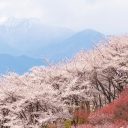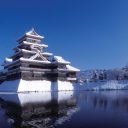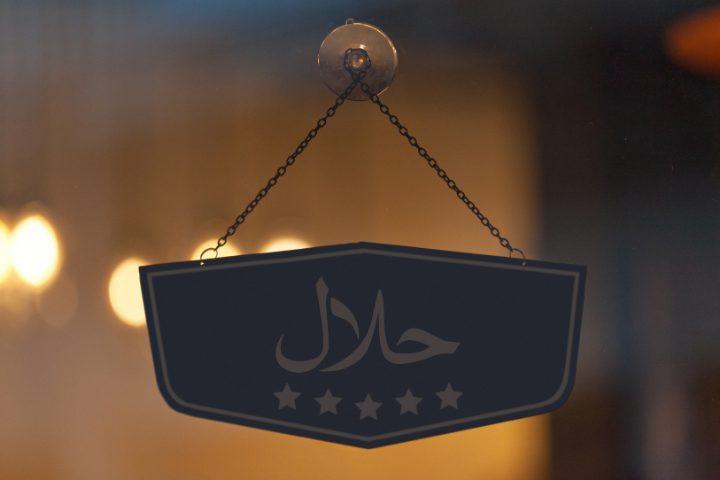
The Muslim population is growing globally every year. In fact, Islam is already one of the largest religions in the world. And so as the world’s Muslim population grows, an increasing number of Muslim people are interested in visiting or living in Japan. So to match this, the Japanese government has started to try to help Tokyo become a more Muslim-friendly place. One way to do this is to increase awareness about Muslim restrictions within the food industry.
As there are some strict requirements that Muslims have to follow, Halal food and restaurants are important in the daily diet. Some of these are well-known such as the prohibition of eating pork and drinking alcohol. As Japan’s Muslim population is still relatively few, Muslim tourists and residents have issues finding halal food. Sometimes they have to choose to eat only fish and vegetables with the lack of halal meat being available. However, don’t worry, the number of halal restaurants in Japan – particularly in Tokyo has been rising.
Recommended Halal Restaurants in Tokyo
Note: while there were even more Halal certified restaurants open for business before COVID-19, a few of the restaurants have now either closed down or are temporarily closed due to a lack of influx in Muslim tourists coming to Japan. Please ensure you check the restaurant’s home page for recent information and opening times before going.
Halal Mentei Naritaya Asakusa
Halal Mentei Naritaya Asakusa is a 10 minute walk away from Asakusa station. Naritaya specialises in ramen!
This restaurant is very Muslim-friendly, not just in the food but also in the entire atmosphere. As well as providing halal ramen, it also has a prayer room, something I’ve heard is very difficult to find for Muslims in Japan! As the ramen tastes best when eaten right-away while it’s still piping hot, the customer is advised to tell the staff beforehand whether they would like to use the prayer room before or after eating ramen. So they can adjust the time when they bring out the dish.
As well as being Muslim-friendly, the restaurant also provides baby chairs so are well catered for families. This is something else that’s hard to find in Tokyo, maybe due to the generally small restaurants and lack of space?
To order you choose your ramen from the vending machine, which has a Halal sticker stamped on the side, very clear! The Special Mazesoba is the recommended menu, which costs around 1,200 JPY. The menu has dishes that range from about 700 to 1,600 JPY, and toppings cost up to 300 JPY.
Aside from the Halal sticker on the vending machine, the restaurant also states that all food is halal and no pork or alcohol is available.
Halal Ramen & Dining Honolu Ebisu
Halal Ramen & Dining Honolu has a branch in Osaka, Nihonbashi and now Ebisu. They offer different varieties of ramen, the most popular being their special spicy ramen, and vegetable gyoza. Their menu also includes halal-friendly Japanese foods like Sukiyaki and Takoyaki. They have counter seats and a tatami floor area for groups. Like Naritaya, there’s even a prayer room available for customers.
On their website, they state that their restaurant does not serve any pork or alcohol, or any ingredients derived from them. They use ingredients in accordance with the regulations set by Japan’s Halal Certification. And they also ensure that the tableware and cooking utensils used have never been in contact with non-halal ingredients.
Mazulu Halal Beef Noodle
You may see a pattern here, a lot of these recommended restaurants are of the noodle variety! I hope you like noodles. This restaurant features a popular ramen dish from China, (Lanzhou Ramen), loved by the Chinese, and now the Japanese too.
The main store is over 100 years old and originates in Lanzhou City, on the Silk Road. It passed through many generations in China and was designated by the Chinese Ministry of Commerce as one of China’s long-established stores.
What makes this ramen stand out is the soup, made from Halal Japanese beef stock and more than 10 different varieties of medicinal spices. And don’t forget the “handmade noodles”.
The noodles are made by “noodle craftsmen” right after you order so they are completely customizable. You can choose the shape and thickness of your noodles from three different shapes: thin noodles (hosomen), flat noodles (hiramen), and triangular noodles (sankakumen). There are a variety of thicknesses to choose so overall you have 9 different types of noodles to choose from!
Finding Halal Restaurants in Tokyo
Hopefully when Japan opens back up for tourists, and the country progresses further into the 21st century, Halal restaurants will continue to increase. This and more education to restaurant owners about different food cultures around the world will hopefully make it easier for Muslims in Japan to find Halal food. This is great for both the Muslims currently in Japan, and those who are hoping to visit or live in Japan soon. While there aren’t a huge amount of Halal restaurants right now, I hope you enjoy visiting the 3 I have mentioned, and you can continue to look for more using sites such as Halal Gourmet and Food Diversity.
— Article From BACK LANE
